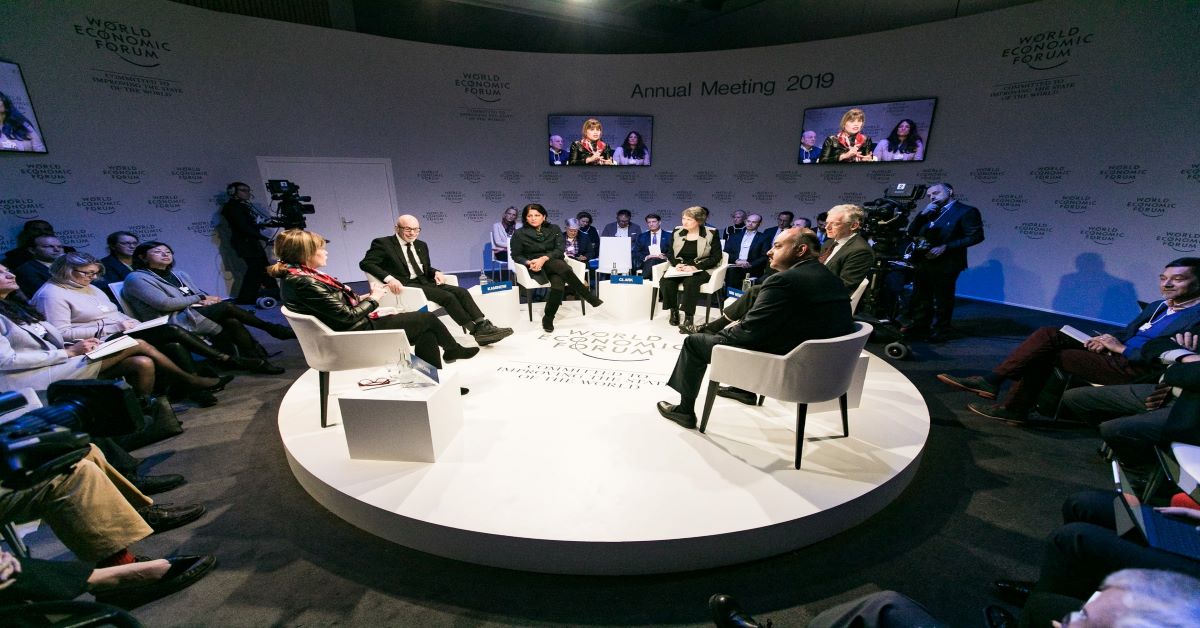
Appointed by the Government of Sweden in 2021, Sida’s Scientific Advisory Board provides recommendations to the Swedish International Development Cooperation Agency (Sida) on strategic directions and research-related matters within the agency’s research cooperation areas.
Bridging science and policy is a guiding aim of SweDev. Therefore, SweDev is proud to see two of its members represented in Sida’s Advisory Board. In conversation with the SweDev secretariat, Assem Abu Hatab and Swati Parashar presented their research, contributing to Swedish development cooperation objectives and challenges.
Assem Abu Hatab is a Senior Researcher in Development Economics at the Nordic Africa Institute (NAI), and an Associate Professor in Economics at the Swedish University of Agricultural Sciences (SLU). He is an applied economist with broad empirical interests and focus on food systems.
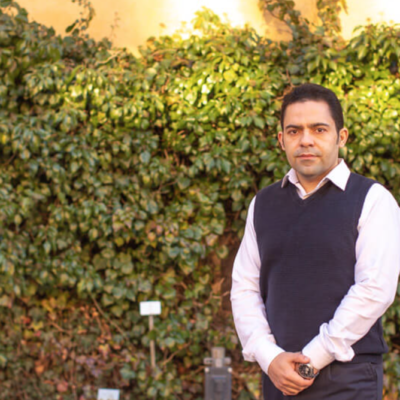
Assem Abu Hatab. Photo: North Africa Institute
Q: Can you briefly describe your own research area at NAI and at SLU?
I joined NAI three months ago, carrying out research previously conducted at the Economics Department. The focus of my research is on food systems in low- and middle-income countries, how these can help countries to achieve the SDGs, and how sustainable management can enable countries to be more food secure. Being an applied economist, I use data and econometrics, to produce quantitative research. Besides working extensively on matters related to China and India at SLU, I will be now mainly focusing on African countries, especially the MENA region.
Q: How will your expertise and research be valuable in your role at Sida’s Scientific Advisory Board?
I will start with a few data. The management and economics of the agricultural sector represent ¼ of the African GDP and provide work for 60% of the active working population in Africa. Food systems are the fundamental driver of society but are impacted by phenomena such as urbanization, population growth, climate change, and resource constraints.
These challenges will inevitably affect the ability of the food system to achieve economic growth. Given the importance of agriculture in the African economy, it depends on the ability of African actors to pursue more resilient food systems. All in all, this is the background I bring to Sida, and I do believe these can be relevant for development cooperation.
Q: What are the key challenges that you think you’ll face as a member of Sida’s ?
It is difficult to answer as I only started in March. We work in small groups of researchers in a very sharing environment. The board knows how to deal with any challenges that are always upcoming, externally, and internally. The mission and purpose of the institution are to absorb these and take them as an opportunity to grow and learn.
Two years ago, most of the focus was on Covid-19 and now new challenges: Sida should always be ready to adapt to ongoing changes. That it’s how they can create an impact. Climate change adaptation in Africa is one focus, while in the MENA region access to water is the priority. These agencies must tailor to the needs of specific regions. Therefore, Sida Advisory Board is and needs to be reactive and ready to respond to any challenge.
Q: Which recommendations do you want to include in Sida’s strategic directions? Do you believe there should be more room for including research-based knowledge in decision-making?
A: I will bring my expertise in food systems, but it is too early to talk about recommendations. Economic growth and development in Africa will depend on agriculture: Africans are intrinsically linked to agriculture. I will never cease to emphasize this and not so much because it is the field of study, but because it is based on facts. There is room to include research and researchers. The value of researchers and practitioners in enhancing the use of data has always been emphasized with the purpose of creating usable knowledge. Research jointly produced is more likely to be used in practice. Use the supply and demand example to understand the ongoing scenario: the more effective the demand, the more research will be produced. These actions must work in synergy: practitioners are involved in a just implementation and researchers can tailor down to specific needs.
Q: SweDev aims to strengthen collaboration between development researchers and practitioners. What is your view on the need for it?
A: I have been a SweDev member for a year, and I love reading your informative newsletter. There was a need for SweDev, and I hope the community will enlarge. However, SweDev needs to come up with a unique agenda setting. The network needs to build trust and partnership with additional research institutions and universities. All in all, I appreciate your focus on persuasive communication pathways: the value of any research is affected by communication. This is a twofold process for SweDev: on the one hand, listening to researchers’ priorities, and on the other hand, listening to the research outcomes: this is how the network can grow and reach out to policymakers.
Swati Parashar is a Professor in Peace and Development at the School of Global Studies, University of Gothenburg. She predominantly works in the field of critical security and war studies, feminist, and postcolonial international relations.
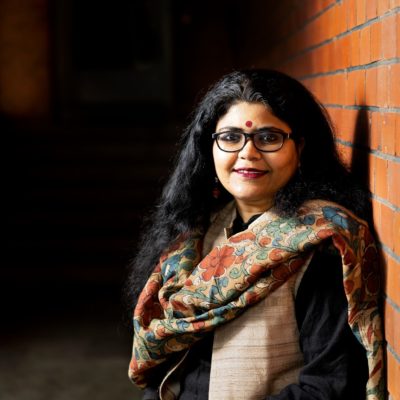
Swati Parashar. Credits: Johan Wingborg.
Q: Your research focuses on gender issues and conflict. What contributions do you think you can make to Sida’s Scientific Advisory Board?
Gender equality is an important focus of Sida’s activities. Very broadly, it does not only include recognition of the growing gender-based violence in many parts of the world, but also promotes Swedish ideas of Feminist Foreign Policy, in collaboration with other governments. Gender equality – as universally understood in Sida’s activities – is about promoting political, economic and social participation of women without any discrimination.
I bring with me a background enriched with critical, postcolonial, and feminist insights. My secondary contribution would be in terms of my research on gender and conflict, where I bring field insights from Asia and Africa and engage with the policy framings on women’s engagement in peace talks and development. All in all, within my mandate, I hope to explore the ethics of research and policy collaborations that Sida engages in, particularly with Global South countries.
Q: What are the key challenges that you think you’ll face as appointed advisor to Sida’s Advisory Board?
I have been appointed only since the beginning of this year and as Assem before clearly stated, it might be too early to draw conclusions, as we have only attended a couple of meetings so far. My sense is that Sida officials are willing to listen to advisory board members and critically reflect on their own initiatives, to change the track where necessary. I am not sure there are challenges that cannot be overcome. On my side, I need to also work more on my Swedish language skills, although so far it has not been an issue. My hope is that as board members we will all work together to make Sida’s policies more effective and to promote genuine diversity and difference within Sida.
Q: What’s your vision for Swedish development and the research agenda on development?
There cannot be a doubt that Swedish development cooperation does excellent work in collaboration with different countries and agencies. I also accepted this position because my university has Sida-funded educational collaboration with the University of Rwanda in Kigali. Sida funding has enabled this collaboration to thrive and has also equipped us in Sweden to unlearn and learn from our Rwandan colleagues.
My vision is for more diversity and post/decolonial sensibilities to be articulated within Sida’s policies. This would imply a more non-white, non-global North, non-Eurocentric focused policies and organizational set-up. I will try to push the agenda where and when I can.
Q: You previously hosted a blog applying Indian lens to describe global politics. Has this been a successful means of communication to bridge research to policy and practice? Which other innovative ways could researchers engage with policymakers?
Not Indian specifically. The blog I started is run by the School of Global Studies. It is hosted at www.blogalstudies.com. We try to publish commentaries from scholars at various stages of their careers. We have published senior international academics, activists, early career researchers and students at all levels. We see this as a dialogic space, an opportunity to have conversations informally and in the public domain. We do see this blog to engage with policymakers and practitioners. In fact, some of our blog pieces are very well read by lawmakers interested in global political issues, and especially migration in Sweden.
Bridging research and policy divide is crucial in our times. Academia has remained too isolated and ivory tower for a long time. Policymakers also believe that academics are problem identifiers but not necessarily problem solvers. This myth needs to be busted. Both sides will do well to communicate with each other through creating spaces for dialogue and conversation. Blogs on common themes are one way, but also by organising interface workshops and round tables or fieldworks together can play a role.
Q: SweDev aims to strengthen collaboration between development researchers and practitioners. What is your view on the need for it?
Development research and practice are inseparable. You cannot just research development issues without thinking about their impact on practitioners. Of course, there has always been need for this interface, exchange of ideas, strategies, and methods, between development researchers and practitioners. The question is how do we make this happen? I agree with Assem: SweDev is an excellent platform for bringing both sides together, but we need more exchanges. The problem is that both sides operate with a kind of certitude that they have the solutions to everything. These days and in fact always, it is interconnected knowledge that offers a way towards durable problem-solving.
Written by Alessandro Giacardi, Communication, and Research Intern at Stockholm Environment Institute (SEI) for the Development and Aid Policy Team and SweDev. Edited by Alice Castensson, Associate at Stockholm Environment Institute (SEI) for SweDev, and Ylva Rylander, Communications Officer at Stockholm Environment Institute (SEI).
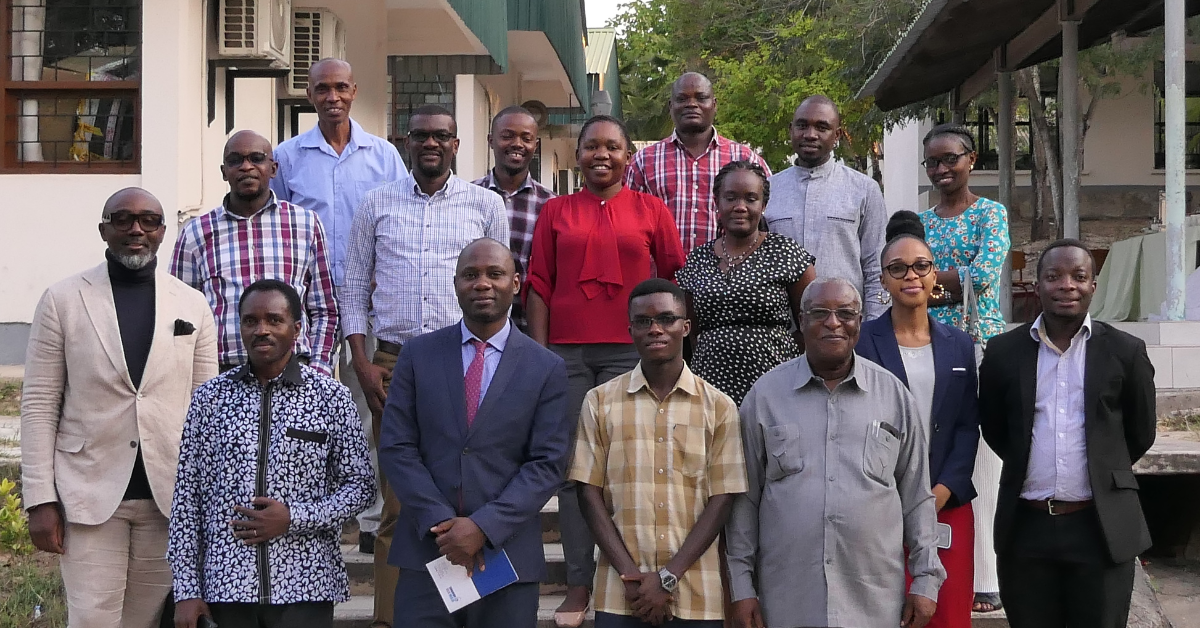










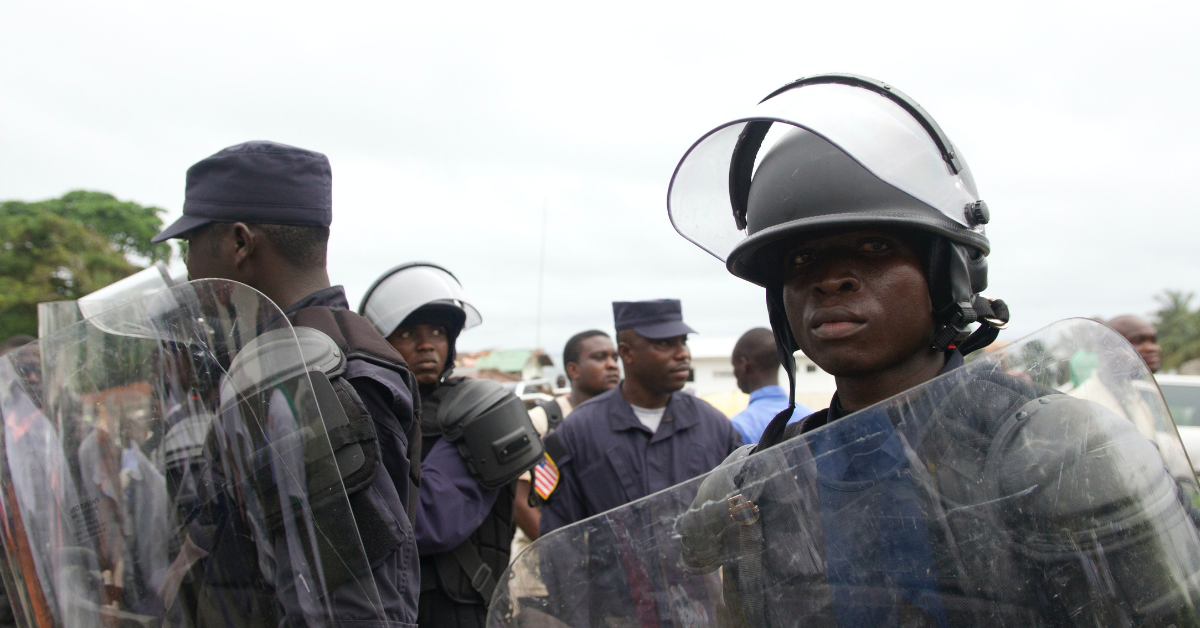
Recent Comments